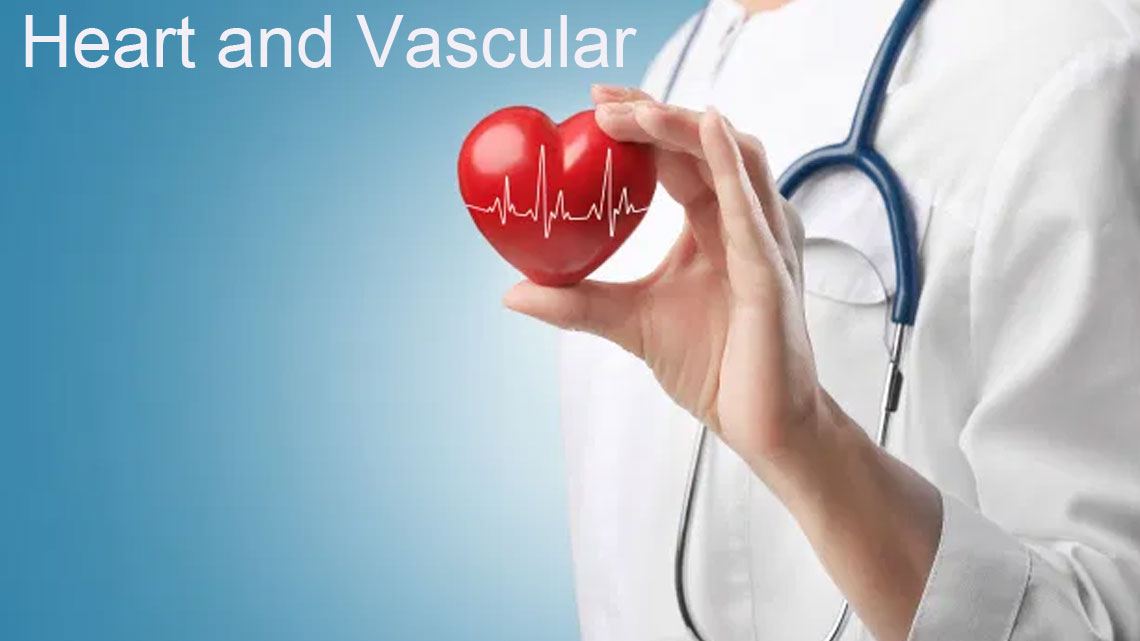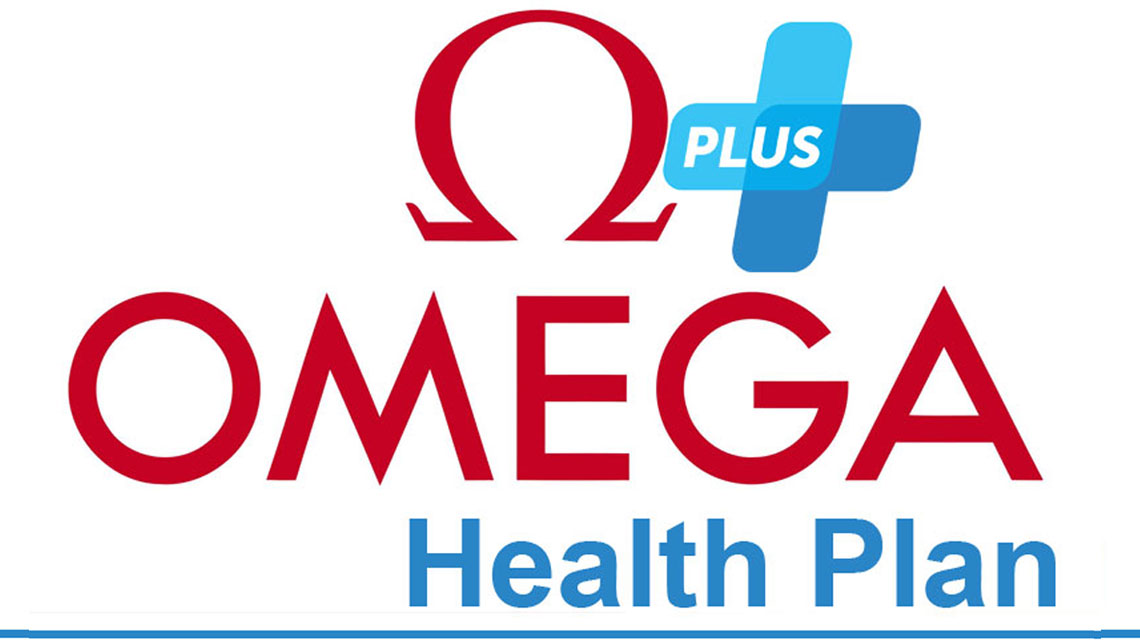It’s easy to get confused when it comes to health and nutrition.
Even qualified experts often seem to hold opposing opinions.
Yet, despite all the disagreements, a number of wellness tips are well supported by research.
Here are 27 health and nutrition tips that are actually based on good science.
Share on PinterestGuille Faingold/Stocksy United
Sugary drinks are among the most fattening items you can put into your body.
This is because your brain doesn’t measure calories from liquid sugar the same way it does for solid food (1Trusted Source).
Therefore, when you drink soda, you end up eating more total calories (2Trusted Source, 3Trusted Source).
Sugary drinks are strongly associated with obesity, type 2 diabetes, heart disease, and many other health problems (4Trusted Source, 5Trusted Source, 6Trusted Source, 7Trusted Source).
Keep in mind that certain fruit juices may be almost as bad as soda in this regard, as they sometimes contain just as much sugar. Their small amounts of antioxidants do not negate the sugar’s harmful effects (8Trusted Source).
Despite being high in fat, nuts are incredibly nutritious and healthy.
They’re loaded with magnesium, vitamin E, fiber, and various other nutrients (9Trusted Source).
Studies demonstrate that nuts can help you lose weight and may help fight type 2 diabetes and heart disease (10Trusted Source, 11Trusted Source, 12Trusted Source).
Additionally, your body doesn’t absorb 10–15% of the calories in nuts. Some evidence also suggests that this food can boost metabolism (13Trusted Source).
In one study, almonds were shown to increase weight loss by 62%, compared with complex carbs (14Trusted Source).
Processed junk food is incredibly unhealthy.
These foods have been engineered to trigger your pleasure centers, so they trick your brain into overeating — even promoting food addiction in some people (15Trusted Source).
They’re usually low in fiber, protein, and micronutrients but high in unhealthy ingredients like added sugar and refined grains. Thus, they provide mostly empty calories.
ADVERTISING
Coffee is very healthy.
It’s high in antioxidants, and studies have linked coffee intake to longevity and a reduced risk of type 2 diabetes, Parkinson’s and Alzheimer’s diseases, and numerous other illnesses (16Trusted Source, 17Trusted Source, 18Trusted Source, 19, 20, 21Trusted Source).
Fish is a great source of high-quality protein and healthy fat.
This is particularly true of fatty fish, such as salmon, which is loaded with omega-3 fatty acids and various other nutrients (22Trusted Source).
Studies show that people who eat the most fish have a lower risk of several conditions, including heart disease, dementia, and depression (23Trusted Source, 24Trusted Source, 25).
The importance of getting enough quality sleep cannot be overstated.
Poor sleep can drive insulin resistance, disrupt your appetite hormones, and reduce your physical and mental performance (26Trusted Source, 27Trusted Source, 28Trusted Source, 29Trusted Source).
What’s more, poor sleep is one of the strongest individual risk factors for weight gain and obesity. One study linked insufficient sleep to an 89% and 55% increased risk of obesity in children and adults, respectively (30Trusted Source).
The bacteria in your gut, collectively called the gut microbiota, are incredibly important for overall health.
A disruption in gut bacteria is linked to some of the world’s most serious chronic diseases, including obesity (31, 32Trusted Source).
Good ways to improve gut health include eating probiotic foods like yogurt and sauerkraut, taking probiotic supplements, and eating plenty of fiber. Notably, fiber functions as fuel for your gut bacteria (33Trusted Source, 34Trusted Source).
Drinking enough water can have numerous benefits.
Surprisingly, it can boost the number of calories you burn.
Two studies note that it can increase metabolism by 24–30% over 1–1.5 hours. This can amount to 96 additional calories burned if you drink 8.4 cups (2 liters) of water per day (35Trusted Source, 36Trusted Source).
The optimal time to drink it is before meals. One study showed that downing 2.1 cups (500 ml) of water 30 minutes before each meal increased weight loss by 44% (37Trusted Source).
Meat can be a nutritious and healthy part of your diet. It’s very high in protein and contains various important nutrients.
However, problems occur when meat is overcooked or burnt. This can lead to the formation of harmful compounds that raise your risk of cancer (38Trusted Source).
When you cook meat, make sure not to overcook or burn it.
When you’re exposed to bright lights in the evening, it may disrupt your production of the sleep hormone melatonin (39Trusted Source, 40Trusted Source).
One strategy is to use a pair of amber-tinted glasses that block blue light from entering your eyes in the evening.
This allows melatonin to be produced as if it were completely dark, helping you sleep better (41Trusted Source).
Sunlight is a great source of vitamin D.
Yet, most people don’t get enough sun exposure.
In fact, about 41.6% of the U.S. population is deficient in this critical vitamin (42Trusted Source).
If you’re unable to get adequate sun exposure, vitamin D supplements are a good alternative.
Their benefits include improved bone health, increased strength, reduced symptoms of depression, and a lower risk of cancer. Vitamin D may also help you live longer (43Trusted Source, 44Trusted Source, 45Trusted Source, 46Trusted Source, 47Trusted Source, 48Trusted Source, 49Trusted Source).
Vegetables and fruits are loaded with prebiotic fiber, vitamins, minerals, and many antioxidants, some of which have potent biological effects.
Studies show that people who eat the most vegetables and fruits live longer and have a lower risk of heart disease, type 2 diabetes, obesity, and other illnesses (50, 51).
Eating enough protein is vital for optimal health.
What’s more, this nutrient is particularly important for weight loss (52Trusted Source).
High protein intake can boost metabolism significantly while making you feel full enough to automatically eat fewer calories. It can also reduce cravings and your desire to snack late at night (53Trusted Source, 54Trusted Source, 55Trusted Source, 56Trusted Source).
Sufficient protein intake has also been shown to lower blood sugar and blood pressure levels (57Trusted Source, 58Trusted Source).
Top of Form
HEALTHLINE NEWSLETTER
Get our twice weekly wellness email
Bottom of Form
Doing aerobic exercise, also called cardio, is one of the best things you can do for your mental and physical health.
It’s particularly effective at reducing belly fat, the harmful type of fat that builds up around your organs. Reduced belly fat should lead to major improvements in metabolic health (59Trusted Source, 60Trusted Source, 61Trusted Source).
If you smoke or abuse drugs, tackle those problems first. Diet and exercise can wait.
If you drink alcohol, do so in moderation and consider avoiding it completely if you tend to drink too much.
Extra virgin olive oil is one of the healthiest vegetable oils.
It’s loaded with heart-healthy monounsaturated fats and powerful antioxidants that can fight inflammation (62Trusted Source, 63Trusted Source, 64Trusted Source).
Extra virgin olive oil benefits heart health, as people who consume it have a much lower risk of dying from heart attacks and strokes (65Trusted Source, 66).
Added sugar is one of the worst ingredients in the modern diet, as large amounts can harm your metabolic health (67Trusted Source).
High sugar intake is linked to numerous ailments, including obesity, type 2 diabetes, heart disease, and many forms of cancer (68Trusted Source, 69Trusted Source, 70Trusted Source, 71Trusted Source, 72Trusted Source).
Not all carbs are created equal.
Refined carbs have been highly processed to remove their fiber. They’re relatively low in nutrients and can harm your health when eaten in excess.
Studies show that refined carbs are linked to overeating and numerous metabolic diseases (73Trusted Source, 74, 75Trusted Source, 76Trusted Source, 77).
Saturated fat has been controversial.
While it’s true that saturated fat raises cholesterol levels, it also raises HDL (good) cholesterol and shrinks your LDL (bad) particles, which is linked to a lower risk of heart disease (78Trusted Source, 79Trusted Source, 80Trusted Source, 81Trusted Source).
New studies in hundreds of thousands of people have questioned the association between saturated fat intake and heart disease (82Trusted Source, 83Trusted Source).
Lifting weights is one of the best things you can do to strengthen your muscles and improve your body composition.
It also leads to massive improvements in metabolic health, including improved insulin sensitivity (84, 85).
The best approach is to lift weights, but doing bodyweight exercises can be just as effective.
Artificial trans fats are harmful, man-made fats that are strongly linked to inflammation and heart disease (86Trusted Source, 87Trusted Source, 88Trusted Source, 89).
While trans fats have been largely banned in the United States and elsewhere, the U.S. ban hasn’t gone fully into effect — and some foods still contain them.
Many incredibly healthy herbs and spices exist.
For example, ginger and turmeric both have potent anti-inflammatory and antioxidant effects, leading to various health benefits (90Trusted Source, 91Trusted Source, 92Trusted Source, 93Trusted Source).
Due to their powerful benefits, you should try to include as many herbs and spices as possible in your diet.
Social relationships are incredibly important not only for your mental well-being but also your physical health.
Studies show that people who have close friends and family are healthier and live much longer than those who do not (94, 95, 96).
The only way to know exactly how many calories you eat is to weigh your food and use a nutrition tracker.
It’s also essential to make sure that you’re getting enough protein, fiber, and micronutrients.
Studies reveal that people who track their food intake tend to be more successful at losing weight and sticking to a healthy diet (97Trusted Source).
Belly fat is particularly harmful.
It accumulates around your organs and is strongly linked to metabolic disease (98Trusted Source, 99).
For this reason, your waist size may be a much stronger marker of your health than your weight.
Cutting carbs and eating more protein and fiber are all excellent ways to get rid of belly fat (100, 101Trusted Source, 102, 103Trusted Source).
Diets are notoriously ineffective and rarely work well in the long term.
In fact, dieting is one of the strongest predictors for future weight gain (104Trusted Source).
Instead of going on a diet, try adopting a healthier lifestyle. Focus on nourishing your body instead of depriving it.
Weight loss should follow as you transition to whole, nutritious foods.
Whole eggs are so nutritious that they’re often termed “nature’s multivitamin.”
It’s a myth that eggs are bad for you because of their cholesterol content. Studies show that they have no effect on blood cholesterol in the majority of people (105Trusted Source).
Additionally, a massive review in 263,938 people found that egg intake had no association with heart disease risk (106Trusted Source).
Instead, eggs are one of the planet’s most nutritious foods. Notably, the yolk contains almost all of the healthy compounds.
A few simple steps can go a long way toward improving your diet and wellness.
Still, if you’re trying to live a healthier life, don’t just focus on the foods you eat. Exercise, sleep, and social relationships are also important.
With the tips above, it’s easy to get your body feeling great every day.


































